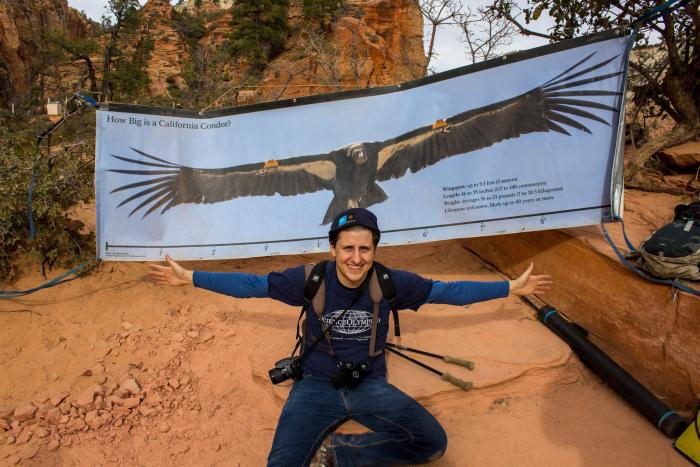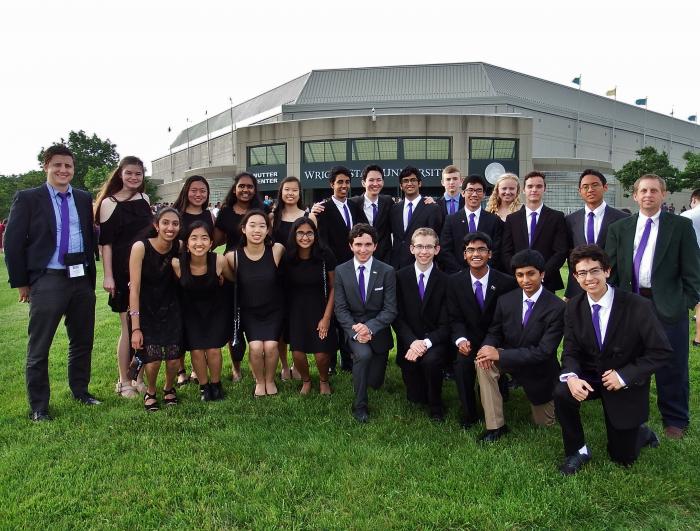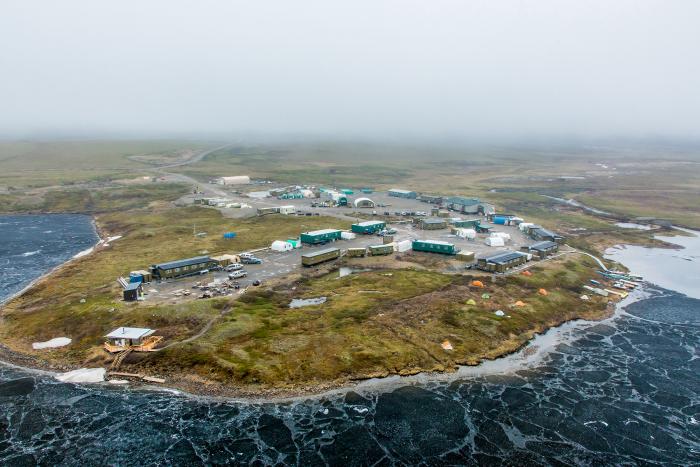Introduction
Welcome! I will be posting here to chronicle my experience participating in field research in the Alaskan Arctic through PolarTREC.
About Me:

I am currently in my ninth year as a high school science teacher at the Liberal Arts and Science Academy (LASA) in Austin, Texas. LASA is a public magnet school which draws students from the entirety of Austin Independent School District. Currently, I teach three courses — Planet Earth, Organic Chemistry, and Advanced Organic Chemistry. Planet Earth is a project-based geobiology course with a major field work component, which consists of the students completing field surveys of organisms in local Austin-area parks and preserves. Organic Chemistry is an elective course which covers the lecture and laboratory content of the first undergraduate course in organic chemistry. Advanced Organic Chemistry is an elective course framed as an independent study, in which students address the content of the second undergraduate course in organic chemistry. I also sponsor the LASA Science Olympiad team, and we compete around the nation in this science and engineering competition. Outside of teaching, my outdoor interests include backpacking (currently attempting to piece together the Pacific Crest Trail through section hikes), birding, fly fishing, and photography. Here's a link to my teaching website with more about my interests and the work I do.

About PolarTREC:
PolarTREC (Teachers and Researchers Exploring and Collaborating) is a program which pairs US educators with field research experiences in polar regions. The program is managed by the Arctic Research Consortium of the United States (ARCUS) and receives funding from the National Science Foundation (NSF) Office of Polar Programs. The long-term vision of PolarTREC is "to create and sustain a successful approach to professional development in the polar regions, fostering enthusiasm and awareness to inspire the next generation of scientists and a STEM-literate public" (PolarTREC). Through my experience, I hope to: 1) increase my knowledge of polar regions and their role as a critical bellwether of climate change; 2) engage in field research, learning more about it in the process; 3) foster a long-term professional collaboration with the research team with whom I work; 4) bring gained knowledge and experience back to my students through new classroom lessons, activities, and projects; 4) bring gained knowledge and experience to my broader community, to promote enthusiasm for polar science among the public.
About the Research:
I will be working with Dr. Rose Cory (University of Michigan), and her collaborators George Kling (University of Michigan) and Byron Crump (Oregon State University). Their work concerns the role of sunlight and microbes in metabolizing the organic carbon released from thawing permafrost in the Arctic. This relationship constitutes a positive feedback loop which serves to increase the speed of climate change. I am very excited to immerse myself in this research – not only it incredibly important, but it lies directly at the intersection of the two subjects I teach, geobiology and organic chemistry. I will be joining the research team in June at Toolik Field Station, an Arctic research station in northern Alaska operated by the Institute of Arctic Biology at the University of Alaska Fairbanks.

Arctic Fact of the Day:
The route to Toolik Field Station by road is via the Dalton Highway, one of the most isolated roads in the United States. It is 414 miles long, mostly gravel, and ends only a few miles from the Arctic Ocean! The road was the subject of an episode of the BBC's World's Most Dangerous Roads.
Arctic Question of the Day:
What national park lies along the Dalton Highway, and why is it unique?
(Comment below!)
- next >
- 1 of 30


Comments